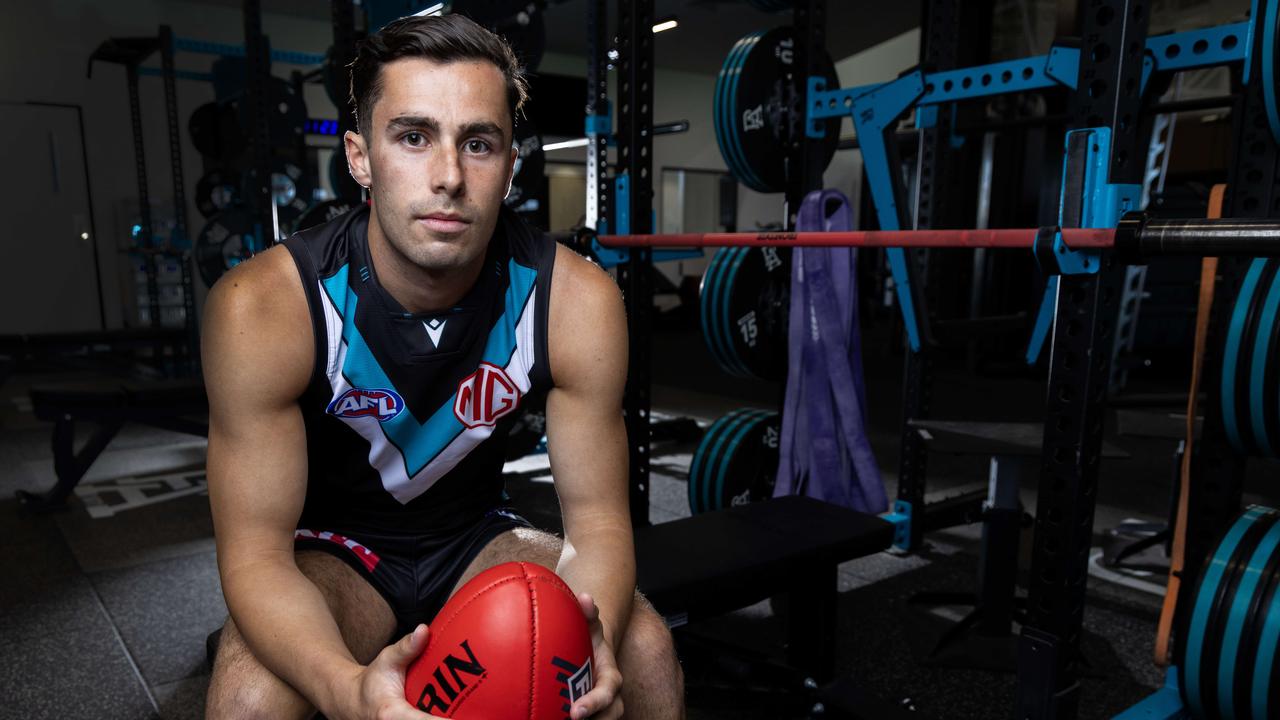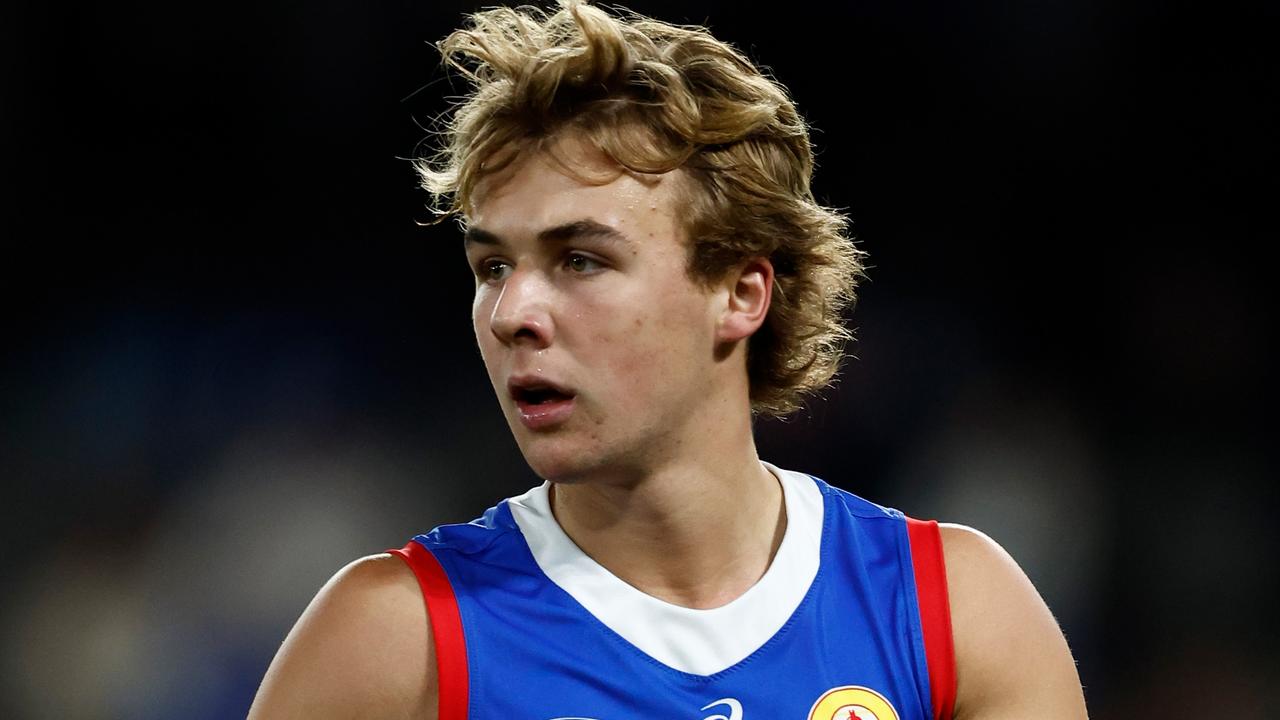AFL drug testing scandal: Former police chief Kel Glare calls for resignation of league bosses
AFL bosses are facing mounting pressure after the league’s secret drug testing regime was laid bare, with a former police chief leading calls for the resignations of some of the league’s most senior figures.
AFL
Don't miss out on the headlines from AFL. Followed categories will be added to My News.
Ex-Victoria Police chief commissioner Kel Glare says he is disgusted by footy’s secret “off the books” drug testing regime and called for the resignation of all AFL chiefs who had knowledge of its existence.
And former federal sport minister Bridget McKenzie — who developed the national anti-doping agency Sport Integrity Australia — said the AFL and clubs “should not be complicit in covering up recreational drug use” while Nationals leader David Littleproud accused the league of having “an integrity issue”.
The scandal erupted on Tuesday night, when federal MP Andrew Wilkie detailed how the league had facilitated a clandestine drug testing program for players, managed by club doctors, with who registered a positive reading being encouraged to “fake injuries” and illness in order to avoid capture by SIA drug testers on match day.
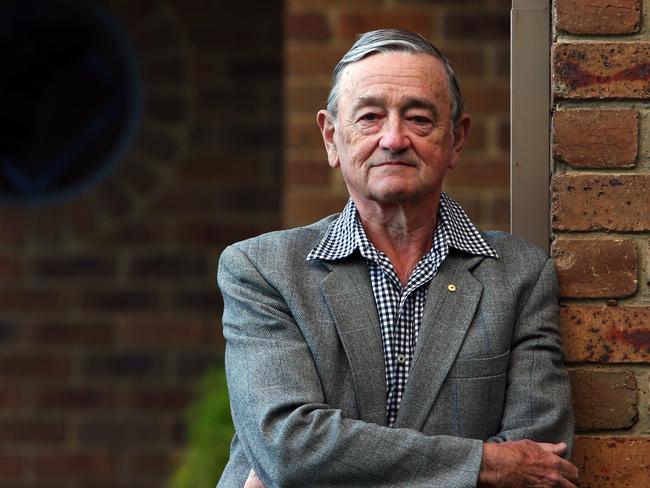
Wednesday’s Herald Sun further revealed about 100 current players had been granted secret immunity from the AFL’s three-strike drugs policy after being placed in a “medical model” where strikes were not counted.
Mr Glare slammed the secret arrangements, saying the AFL was a community leader with the ability to “influence an enormous number of people”.
“It’s deplorable and disgraceful conduct. They (the AFL) are facilitating the use of illicit drugs,” he said.
“And by not reporting those using drugs it is encouraging drug use because these footballers aren’t going to stop unless there is some reason for them to do so. When their misdeeds are being covered up, it clearly doesn’t solve the problem. They will continue to use drugs.
“The leadership should all resign. Anyone at the AFL who had knowledge of this and did nothing should resign - it would be the only honourable thing to do. It is incumbent on them to ensure that every aspect of their operation is above board.”
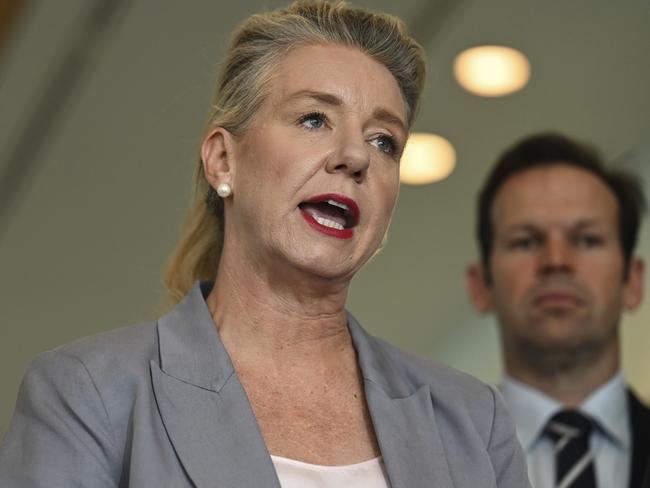
Former AFL boss Andrew Demetriou, who oversaw the introduction of the game’s contentious illicit drugs policies in 2005, yesterday defended their role.
“It’s not the policy that causes players to take illicit drugs, it’s got nothing to do with the policy,” Demetriou told SEN.
But AFL Fans’ Association founder Brian Clarke said supporters were being treated like “mugs”.
“The secrecy and lack of transparency regarding the AFL’s three-strike drugs policy is unacceptable, and Richard Goyder’s position as head of the AFL Commission is now untenable,” he said.
“We need a complete overhaul of the illicit drugs policy. The current system not only aids and abets illegal drug abuse, it treats fans as mugs and needs to go.
“The AFL clubs agreed to an independent commission on the basis that it would act in the best interests of the game. Yet it is now very clear that the AFL is more focused on growing and protecting its brand, rather than the game itself.
“Goyder must resign his position and follow Gillon McLachlan out of the door of AFL House.
“It is the perfect time to conduct an independent and thorough review of the entire organisation, from top to bottom.”
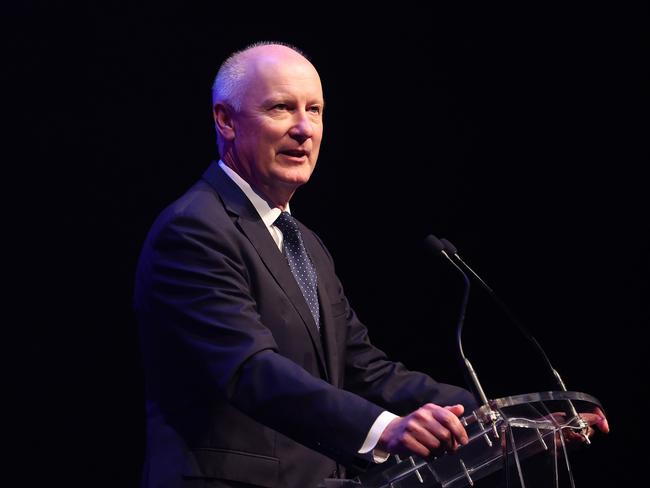
A spokesman for SIA said yesterday that its priority was conducting a thorough assessment of the material referred to in parliament.
“It is important not to pre-empt any outcome of this assessment,” he said.
“Under the SIA Act and the World Anti Doping Code Sport Integrity Australia has the powers to investigate any matters relating to anti-doping.”
But the Herald Sun understands that SIA was yet to contact Mr Wilkie about the allegations as of 6pm on Thursday.
The World Anti-Doping Agency (WADA) classifies cocaine as an illicit drug that is banned for use “in-competition” – which is deemed to run from 11.59pm the night before a game through to the end of it, and any sample collection process.
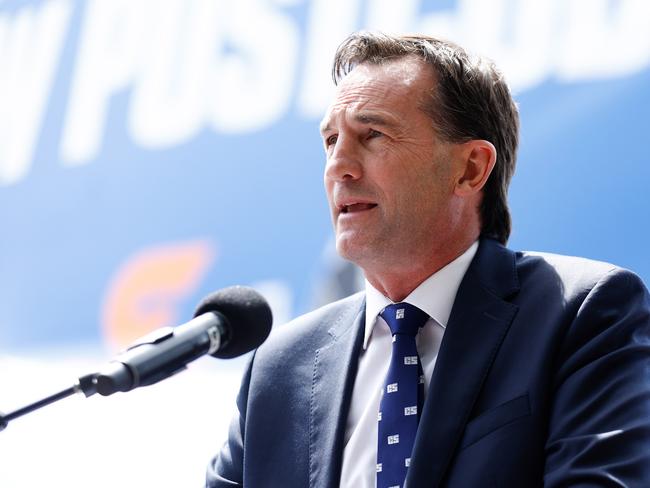
This has sparked concerns that SIA might not have the remit to investigate secret testing outside of game day because they are recreational and not intended for performance enhancing.
Senator McKenzie said the behaviour of elite AFL athletes on and off the field mattered.
“The AFL clubs should not be complicit in covering up recreational drug use,” the Victorian Nationals Senator said.
Nationals leader David Littleproud said the AFL had “an integrity issue”.
“They need to make sure they take this very seriously because these players are the role models of a lot of young Australians and it’s important they protect the brand,” he said.
Mr Littleproud said he respected what Tasmanian MP Andrew Wilkie had done and urged him to give the documents that he was blocked from tabling in the parliament to SIA.
Greens sport spokeswoman Penny Allman-Payne said the AFL’s alleged cover-up to hide testing and mislead people about why stars were off the field was shocking.
Senator Allman-Payne demanded Anthony Albanese explain why so many of his MPs voted to keep potentially explosive evidence about dodgy behaviour in sport secret, saying it suggested that the “culture of secrecy extends beyond the field and into our major parties”.
“Across the country, Labor governments are still committed to locking up people who consume illicit drugs, instead of treating it like the health issue it is – but if they’re a professional footballer, they get backed by an ALP protection racket,” she said.



